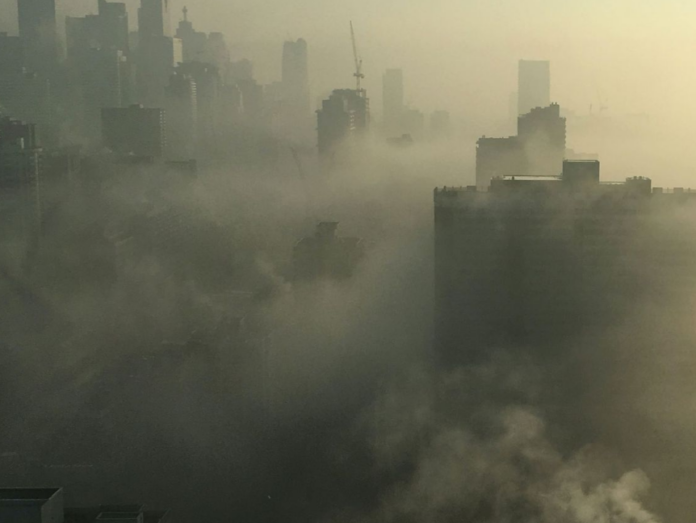Macau Business | March 2023 | Special Report | Decarbonisation. When? How?
A big problem cannot be solved with small ideas
The time will come when all countries and regions will have to do their utmost to combat climate change and achieve decarbonisation.
Macau, which hitherto has shown a rather passive attitude in this respect, will not be left out.
And when it is called upon to effectively contribute, experts point to the installation of wind farms, eventually combined with other renewable sources, by making the most of the 85 square kilometres of waters surrounding the city which were granted to the SAR by the Central Government in December 2015.
So far this ‘gift’ has been closed and underutilized.
However, this situation is unlikely to persist for much longer, as the reader may find throughout the next 20 pages of this special report.
PS – Macau is facing a general shortage of talent in technical fields, which is due to several factors, including the small size of the city. This lack of experts is hampering the city’s growth and development in various sectors. On the other hand, when it comes to environmental issues, Macau is home to world-class specialists. For instance, Yonghua Song, the rector of the University of Macau, is an internationally recognized authority on energy and low carbon power systems, while Joseph Lee, the president of the Macau University of Science and Technology, is a leading expert in Hydro-Environment Engineering. Macau should not waste these experts who are eager to contribute, as evidenced by their valuable inputs to requests for collaboration from Macau Business.
Co-ordinated by João Paulo Meneses ([email protected])

Decarbonisation: the fear of setting goals
GHG: The case for adopting a priority regulatory policy
Don’t focus only on CO2, look into O3
While other air pollutants reduce their impact, ozone levels remain hazardous.
“Macau has the basic conditions to take the lead in achieving carbon neutrality among other cities in China”
Electrification of land transportation
Wind energy: “We need to use the 85 km2 of waters”
More trees, less CO2
Macau lost 29 hectares of trees, which resulted in the emission of about 44 tons of carbon dioxide.
The case for deepening collaboration with the mainland
Waiting for a waste charging scheme
Macau has done a lot to combat the use of plastics, but a step forward is needed
























